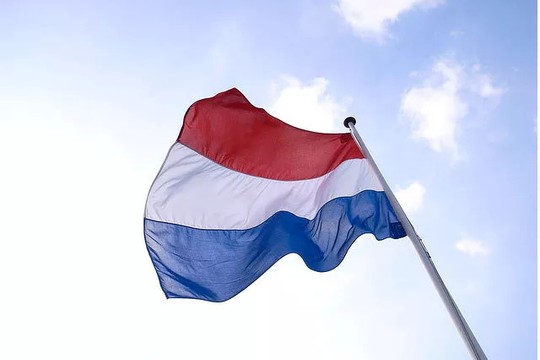Snap parliamentary elections in the Netherlands will be held on October 29. The outgoing cabinet of Prime Minister Dick Schof managed to hold on to power for one year, and the ruling coalition ceased to exist in June 2025. Just like with Mark Rutte's fourth cabinet in 2023, the government collapsed due to contradictions in approaches to migration regulation. The previous time, it took six months of intensive inter-party negotiations to form a ruling coalition. It was not until May 2024, that the cabinet was finally formed led by Dick Schof, a non-partisan former head of the Dutch intelligence service. The current situation does not augur well for national politics, and amid the growing contradictions both inside the kingdom itself and internationally, the new government will need a carefully thought-out, balanced approach and a willingness to compromise.
The rhetoric that Dutch political leaders now prefer to stick to is rather populist, and their further actions will depend on the fragile balance within the ruling coalition that will inevitably be formed, since none of the parties is able to secure a parliamentary majority. As the example of Geert Wilders, who tried to revise the anti-Russian sanctions, shows, the interests of the country's political establishment and generally the rhetoric of European officials ultimately prevail over the political programs of individual leaders. Despite the declining popularity of the most active pro-Ukrainian lobbyists, the Netherlands’ anti-Russian foreign policy remains largely unchanged, and the country's close political cooperation with the United States, amid Washington's threats to ramp up sanctions pressure on Russia, does not provide grounds for any positive changes any time soon. That said, a recent survey conducted by the research institute Ipsos I&O for the NOS radio and television company showed that seven out of ten of the country’s citizens do not fully or partially trust the authorities.
According to the poll’s results, only 29 percent of respondents expressed their confidence in the government and parliament – a big drop from last year’s figures when popular trust in the newly formed government of Prime Minister Dick Schof was at 44 percent.
The respondents explained their dissatisfaction with the government's policies by its inability to quickly and effectively handle the problems facing the country. Thus, 76 percent of those polled believe that the government does not offer "any real solutions," and 74 percent said that the country's leadership spends most of its time on "internal strife." Almost the same number of respondents (68 percent) believe that the diverse factions of the government are incapable of working closely with each other.
People are particularly frustrated by the government's inability to cope with the migration and housing crises (68 percent and 64 percent, respectively). Many of the respondents also complained about the government’s unsuccessful attempts to reform the healthcare system (53 percent), the security sector (44 percent) and to reverse the rising cost of living (40 percent). Against this backdrop, pessimism is also increasing in the people’s assessments of the future, with a mere seven percent expecting the economy to start looking up in the coming year, and 44 percent predicting harder times ahead.
read more in our Telegram-channel https://t.me/The_International_Affairs

 11:25 17.09.2025 •
11:25 17.09.2025 •























